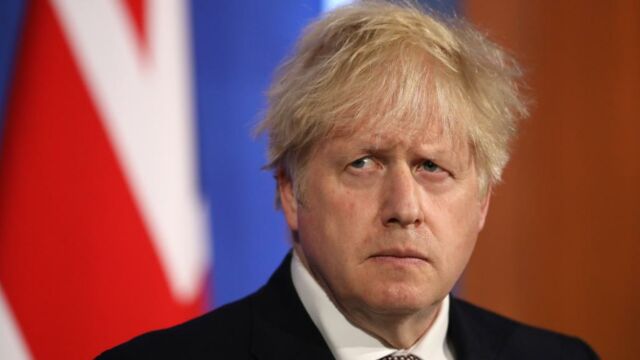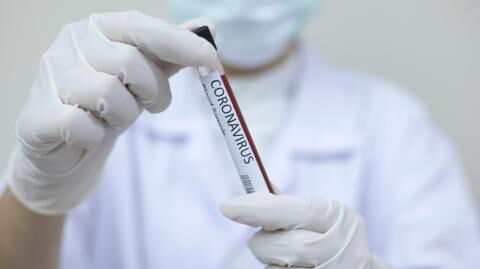Cases of thehighly contagious Indian coronavirus variant have tripled in the UK over the last week alone, sparking concerns that the final step of lockdown ending, set for June 21st, may be delayed.
Discover our latest podcast
Indian variant a cause for concern in the UK
Prime Minister Boris Johnson recently confirmed that the strain B1617.2, one of the three currently running rampant in India, is now ‘of increasing concern here in the UK.’
Scientific Advisory Group for Emergencies (Sage) members will be convening today to discuss the threat of the Indian variant and the possibility of delaying the ending of the lockdown. A member of the advisory group revealed to iNews that while the easing of restrictions on Monday the 17th will go ahead, the official ending of the lockdown - set for June 21st - may need to be delayed.
Data from COG-UK has revealed there have been 1723 cases of B1617.2 in the UK. If these numbers are confirmed by Sage today, then the number of infections of this strain in the UK is more than three times last week’s report of 520. Two weeks ago, cases of the variant stood at just 202, sparking concerns that the Indian variant may be even more contagious than the Kent strain. However, neither strains have shown to be resistant to vaccines, further highlighting the importance of COVID jabs.
Local lockdowns can’t be ruled out
Ministers have admitted that local lockdowns aren’t out of the question for areas where the Indian variant is spreading. Environment Secretary George Eustace revealed to Sky News:
We can’t rule anything out but our plan that has been set out by the Prime Minister and the reason we are being incredibly cautious about exiting lockdown is because we want this to be the last.
Health authorities are now stepping up restrictions in Bolton and Greater Manchester, where there have been the greatest increases in cases of the variant.Teachers in these areas will also be allowed to instruct students to wear a mask after the 17th of May if they deem the action appropriate. The decision was made as figures suggest that transmission of the Indian variant is greater among those in their teens and early 20’s. Dr Helen Lowey, Bolton’s Director of Public Health, voiced support for the action stating:
We don’t just want to focus on intervention. Test, trace and isolate and the vaccine programme are the most important, but if school and colleges want to continue with face coverings, we will support them and we can explore whether it is something we want to do across Bolton.















